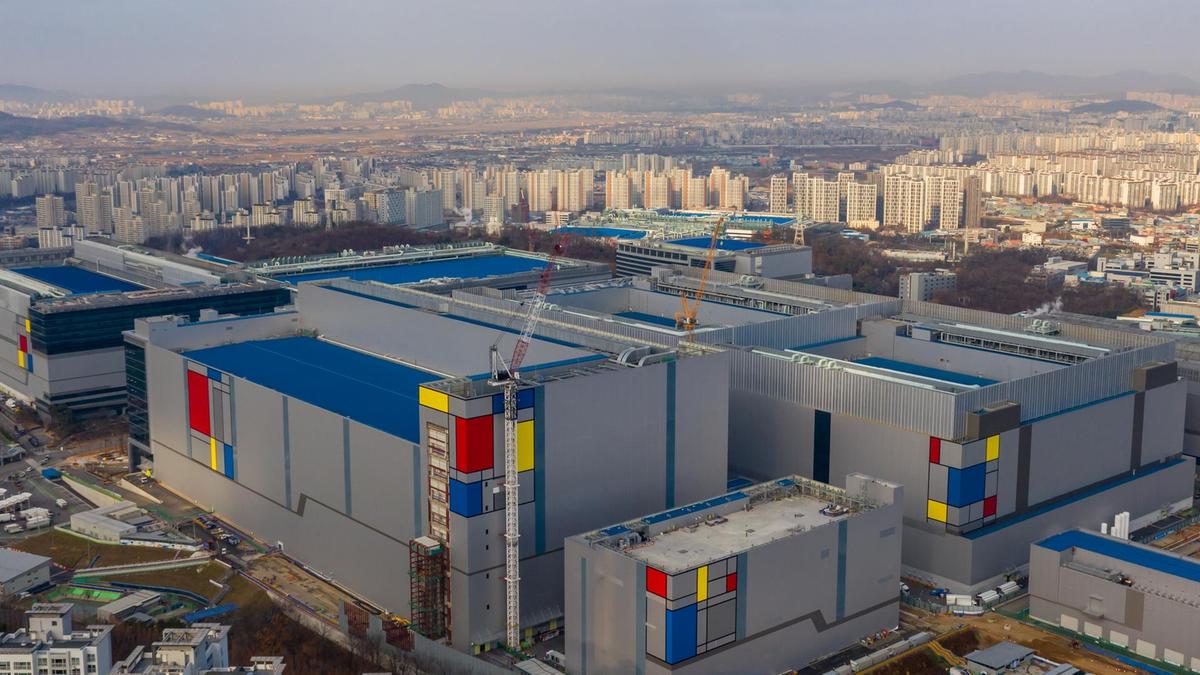Amid falling smartphone and TV sales, Samsung's saving grace has been its semiconductor business. The South Korean firm makes RAM, storage chips, and application processors, and the sale of those products has been rising, thanks to rising demand from data centers as more people have started working from home. However, the company is facing increased competition from a Chinese firm.
According to a new report from Nikkei Asian Review, Chinese firm Yangtze Memory Technologies will compete with Samsung Semiconductor in shipping 128-layer 3D NAND flash memory chips. The company has claimed that its new memory chips have already been verified and tested by its partners, and the first batch of chips will go into mass production by the end of this year.
Yangtze Memory is an affiliate of China's Tsinghua Unigroup, and it is the country's first homegrown memory chipmaker. It competes with Kioxia (Toshiba Memory), Micron, Samsung, and SK Hynix. If the company successfully starts the mass production of 128-later 3D NAND flash memory chips by the end of 2020, China will complete a part of its goal to become self-reliant in making semiconductor chips.
The Chinese firm developed its own technology called ‘Xtacking,' which is a fundamental structure to build 3D NAND flash memory chips. Yangtze Memory CEO Simon Yang has time and again affirmed that the company is not a copycat but an innovator, and that it doesn't intend to cause a price crash in the memory market.
Avril Wu, an analyst at research firm TrendForce, said that although Yangtze Memory still has a few issues to iron out in the mass production process. However, he said that if the Chinese company is successful, it will offer a tough fight to firms like Samsung starting next year. Increased competition will likely force the South Korean chip giant to reduce the prices, which in turn could lead to lower profits.

